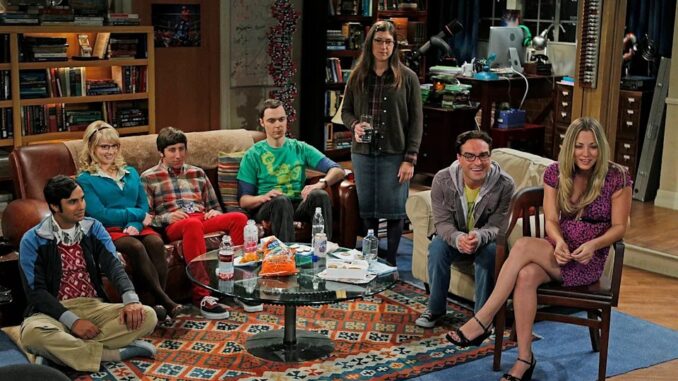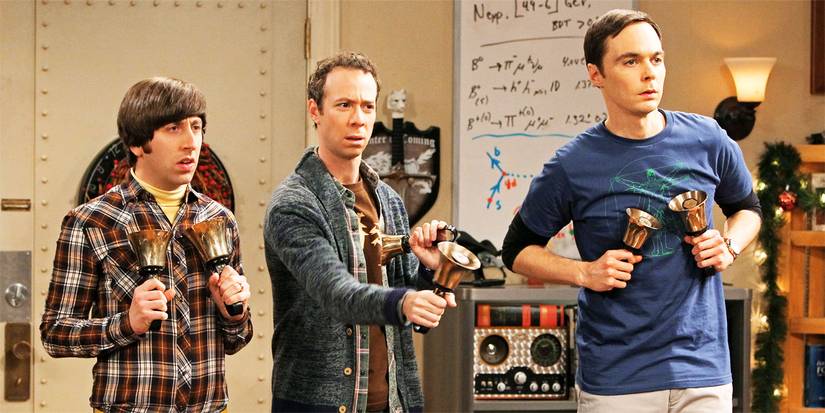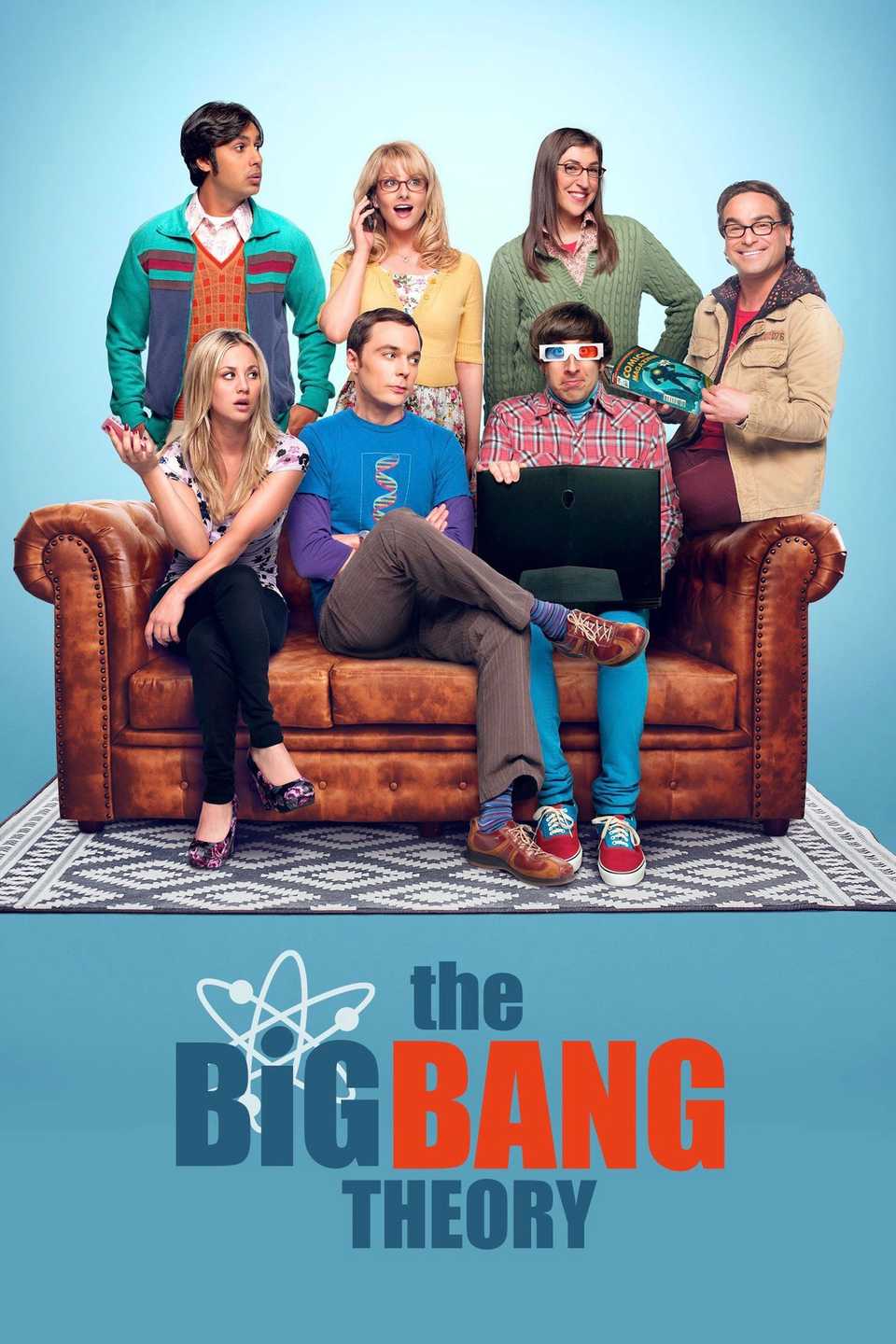
The world of The Big Bang Theory isn’t finished expanding. After the flagship comedy wrapped its 12-season run, the franchise delivered Young Sheldon and the more recent Georgie & Mandy’s First Marriage. Now comes a stranger, riskier idea: Stuart Fails to Save the Universe, a new series built entirely around the comic book store owner who never seemed to catch a break. On paper, it’s a gamble—but in practice, it could be the most refreshing take on the sitcom universe yet.
A Radical Shift From Tradition
Unlike its predecessors, which leaned into family comedy and coming-of-age storytelling, Stuart Fails to Save the Universe dares to go meta. The show’s premise centers on Stuart accidentally breaking reality and then stumbling through an absurd sci-fi adventure as he tries to repair it. This playful, self-aware approach distances itself from the Coopers and instead embraces something more surreal. Done right, it could breathe new life into the TBBT franchise.
The Secret Weapon: Letting Stuart Stay Stuart
What made Stuart so popular in the original series was his relatability. He wasn’t a genius scientist like Sheldon or Leonard, nor a successful engineer like Howard. Introduced in season 2’s “The Hofstadter Isotope,” he was awkward, underpaid, and socially unlucky—a far more realistic depiction of nerd culture. Fans connected with him because he represented the “average” geek, someone passionate about comics and pop culture but still struggling to pay rent or find love.
For the new show to succeed, Stuart has to remain grounded. Turning him into a sudden savant or action hero would ruin his appeal. His self-doubt, failures, and understated humor are his greatest strengths. Watching him fumble through fixing the timeline while armed only with wit and an encyclopedic knowledge of superheroes could create a unique blend of comedy and underdog storytelling.
The Value of His Vulnerability
Some of Stuart’s best moments in The Big Bang Theory came from his vulnerability: awkward dates with Penny, painting a heartfelt portrait for Amy, or living as Howard’s reluctant house guest. He never experienced the dramatic transformations that sitcoms sometimes impose on their side characters—he didn’t become rich, wildly successful, or overly confident. Instead, he evolved subtly, staying true to his roots.
By continuing this trajectory, Stuart Fails to Save the Universe can explore the humor of failure. The show’s very title suggests that Stuart will stumble more often than not, but that unpredictability makes him an endearing protagonist. His constant setbacks can provide both laughs and genuine growth, giving him a hero’s journey unlike anyone else in Chuck Lorre’s world.
Why This Spin-Off Could Outshine the Others
Where Young Sheldon made its mark by exploring the childhood of an already iconic character, Stuart’s spin-off has the chance to surprise. Sheldon’s story was defined from the beginning: he was destined to be brilliant and unique. Stuart, on the other hand, is a true wildcard. His life has been one long underdog tale, and the show could finally give him the spotlight he deserves.
By leaning into his comic book obsession, his dry humor, and his flawed but relatable personality, the writers could craft not just another TBBT extension but a show that redefines what a sitcom spin-off can be. The potential for cameos remains, but the story works best if it focuses on Stuart carving out his own bizarre, hilarious adventure.
The Underdog Hero Fans Didn’t Know They Needed
If Stuart Fails to Save the Universe strikes the right balance between absurd comedy and heartfelt character work, it could elevate Stuart from comic relief to one of the most compelling figures in the entire franchise. His underdog status, combined with his unpredictable journey, sets him apart from Sheldon’s polished narrative arc.
Failure has always followed Stuart—but perhaps this time, that very failure is what makes him the universe’s most unlikely hero.